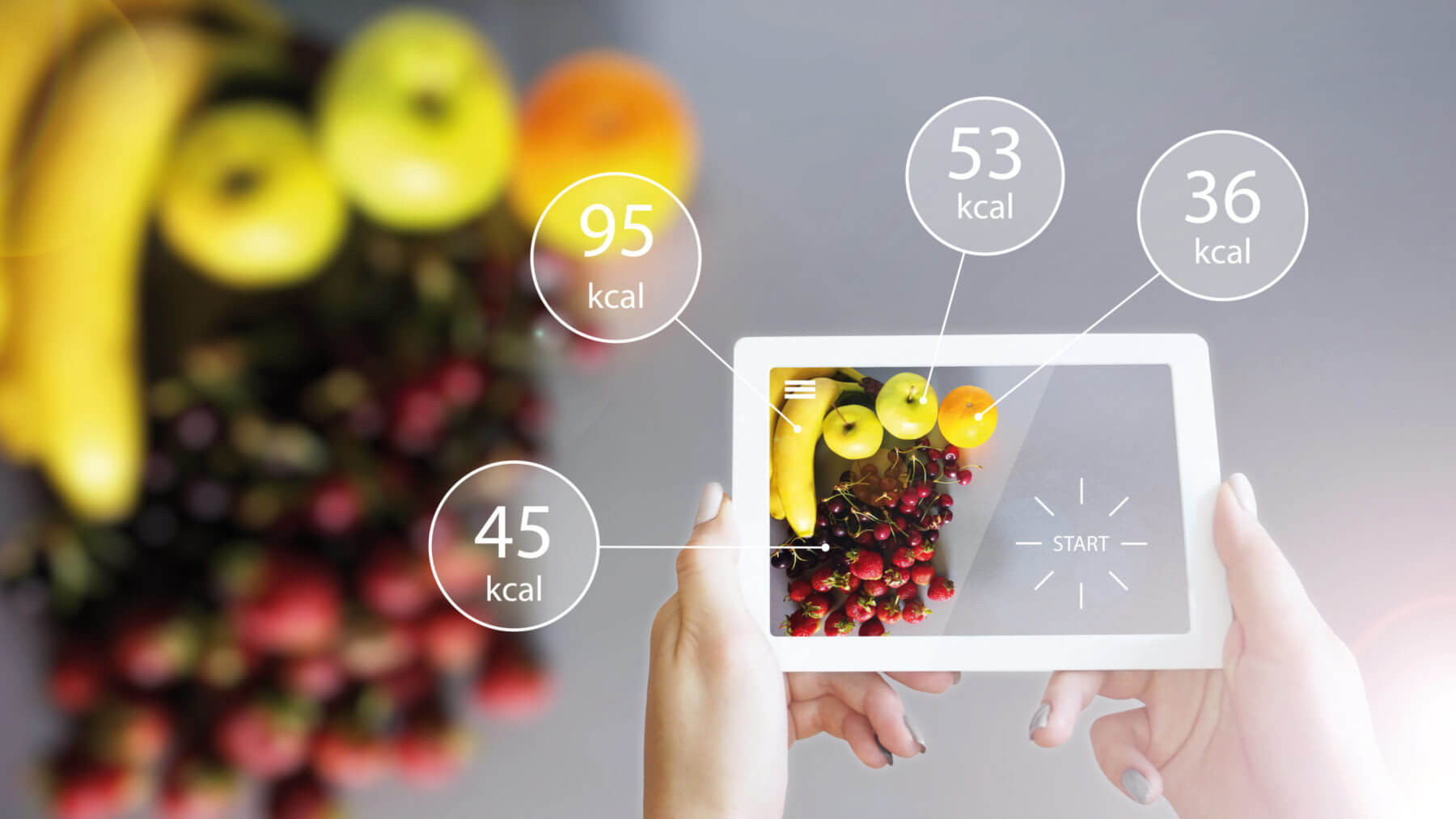EIT Food SmartTags
Smart labels to increase consumer confidence and transparency in the food chain.

Context
Consumer trust towards different products is decreasing e.g. due to the news related to distort of the origin or content of the product. In the food value chain, there are several points, where the product related information would be valuable to be checked. The most currently available approaches have used static encoded information in the codes in food packages.
Currently, already existing tags focus mainly on item identification at the product level based on following various kinds of encoding mechanisms, bar codes and electronic tags. While most currently available approaches have used static encoded information in the codes, it is possible to provide the consumers also applications that include dynamic and context-aware information.
While many consumers today have smart phones with access to code-reading technology, they do not regularly access this technology, largely because consumers are not getting sufficient value from using the codes.
Solution
Smart tags would enable increased interactivity and the development of novel and relevant services that will appeal to the consumers and other stakeholders, with the added incentive of an opportunity to co-create a more interactive connection between the food value chain and its customers, to increase transparency and trust.
Expected outcomes
- Increasing consumer trust and transparency in the food value chain by increased interactivity and information sharing between consumers and stakeholders in the value chain.
- Co-creation of innovative service concepts for the future with consumers and other stakeholders, increasing their commitment and trust towards certain food production chains and guaranteeing quality and conditions for all partners in the value chain.
| Partners |
AZTI, Matis, University of Warsaw, KU Leuven, Maspex, VTT, DouxMatok, University of Reading |
| Funding |
UE – EIT Food – KAVA – Innovation Programme |
| Length |
2020-2021 |








